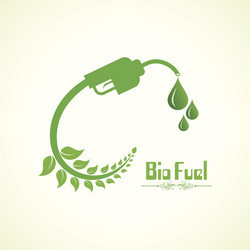Carbohydrates for cars
Biomass and waste valorisation exploiting plant-based materials such as cellulose is an excellent way to produce biofuels sustainably. In addition, it minimises the energy insecurity associated with diminishing fossil fuel reserves and geopolitical instability. The EU-funded project YXY FS (Producing YXY fuels from C6 carbohydrates using nanomaterials) was launched to develop a commercial route to biofuels based on the coordinator's proprietary YXY technology platform. The platform converts first- and second-generation carbohydrates from corn, sugarcane, agricultural waste or waste paper into intermediate furanic and levulinic green building blocks. These are used to produce 100 % bio-based polyethylene furanoate as an alternative to polyethylene terephthalate. With planned industrial-scale production of the furanic and levulinic intermediates scheduled for 2017-2018, large quantities of levulinics will be available at competitive prices for the first time. The project set out to develop novel biorefinery concepts to convert the intermediate levulinic acid (LevA) and its ester methyl levulinate (MeL) to biofuels. A successful process chain will put biofuels on the market as a cost-effective and eco-friendly alternative to fossil fuels for the transport sector. Scientists designed novel multifunctional catalysts, including those made from carbon-based nanomaterials, to convert MeL into higher value chemicals and biofuels. They tested the catalytic materials under various reaction conditions for their ability to convert LevA and MeL to valuable compounds, including gamma-valerolactone and pentanoic acid. Once the optimal catalyst and processing conditions were established, the team began testing real feedstock from the YXY pilot plant. YXY FS was the backdrop for excellent academia-industry collaboration. Important training was provided in an interdisciplinary working environment with biomass specialists, organic chemists, chemical engineers and fuel specialists. Work was presented at several conferences and in two journal publications. In addition, the research advanced aqueous processing and biomass valorisation important not only to the project coordinator's commercial endeavours but also to the greater research community and the global energy challenge.







